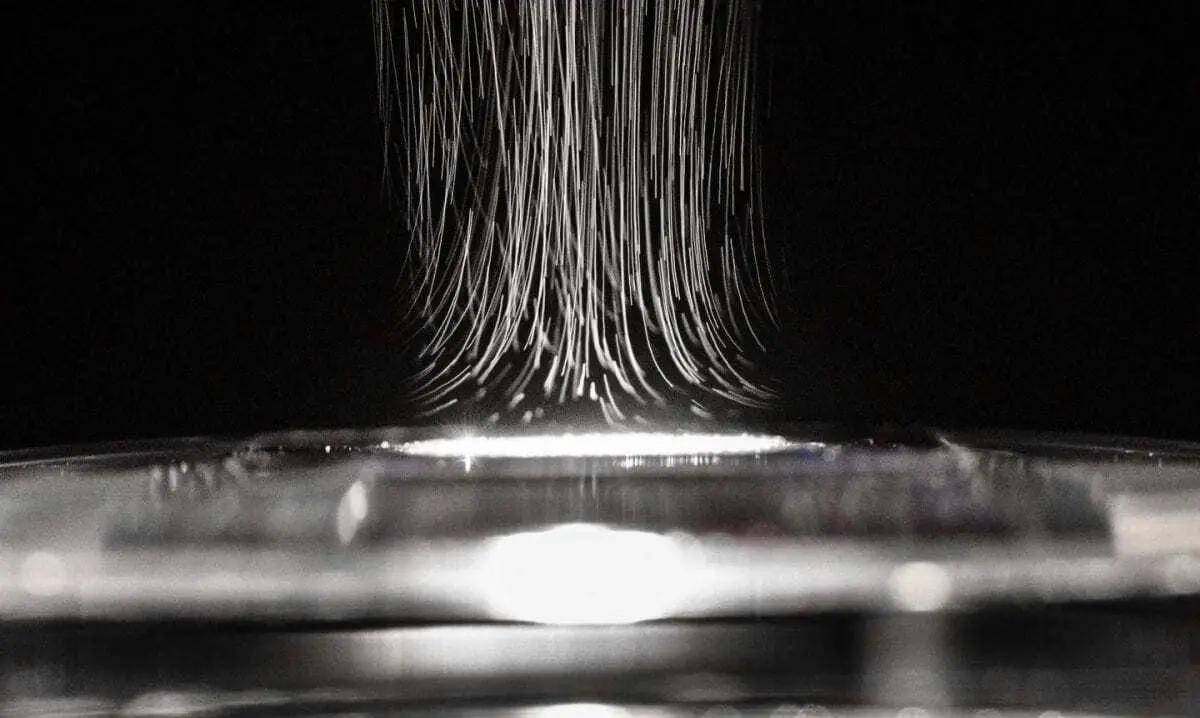It has been estimated that in 2040 a quarter of the world’s children will live in regions where clean and drinkable water is lacking.
The desalination of seawater and the purification of wastewater are two possible methods to alleviate this, and researchers at Linköping University have developed a cheap and eco-friendly steam generator to desalinate and purify water using sunlight. The results have been published in the journal Advanced Sustainable Systems.
“The rate of steam production is 4-5 times higher than that of direct water evaporation, which means that we can purify more water”, says Associated Professor Simone Fabiano, head of the Organic Nanoelectronics group in the Laboratory of Organic Electronics.
The steam generator consists of an aerogel that contains a cellulose-based structure decorated with the organic conjugated polymer PEDOT:PSS. The polymer has the ability to absorb the energy in sunlight, not least in the infrared part of the spectrum where much of the sun’s heat is transported. The aerogel has a porous nanostructure, which means that large quantities of water can be absorbed into its pores.
“A 2 mm layer of this material can absorb 99% of the energy in the sun’s spectrum”, says Simone Fabiano.
A porous and insulating floating foam is also located between the water and the aerogel, such that the steam generator is kept afloat. The heat from the sun vaporises the water, while salt and other materials remain behind.
“The aerogel is durable and can be cleaned in, for example, salt water such that it can be used again immediately. This can be repeated many times. The water that passes through the system by evaporation becomes very high-quality drinking water”, Tero-Petri Ruoko assures us. He is postdoc in the Laboratory of Organic Electronics and one of the authors of the article.
“What’s particularly nice about this system is that all the materials are eco-friendly – we use nanocellulose and a polymer that has a very low impact on the environmental and people. We also use very small amounts material: the aerogel is made up of 90% air. We hope and believe that our results can help the millions of people who don’t have access to clean water”, says Simone Fabiano.
The aerogel was developed by Shaobo Han within the framework of his doctoral studies in the Laboratory of Organic Electronics, under Professor Xavier Crispin´s supervision. The result was presented in the journal Advanced Science in 2019, and is described at the link below. After taking his doctoral degree, Shaobo Han has returned to China to continue research in the field.
The water that passes through the system by evaporation becomes very high-quality drinking water. Credit : Thor Balkhed





